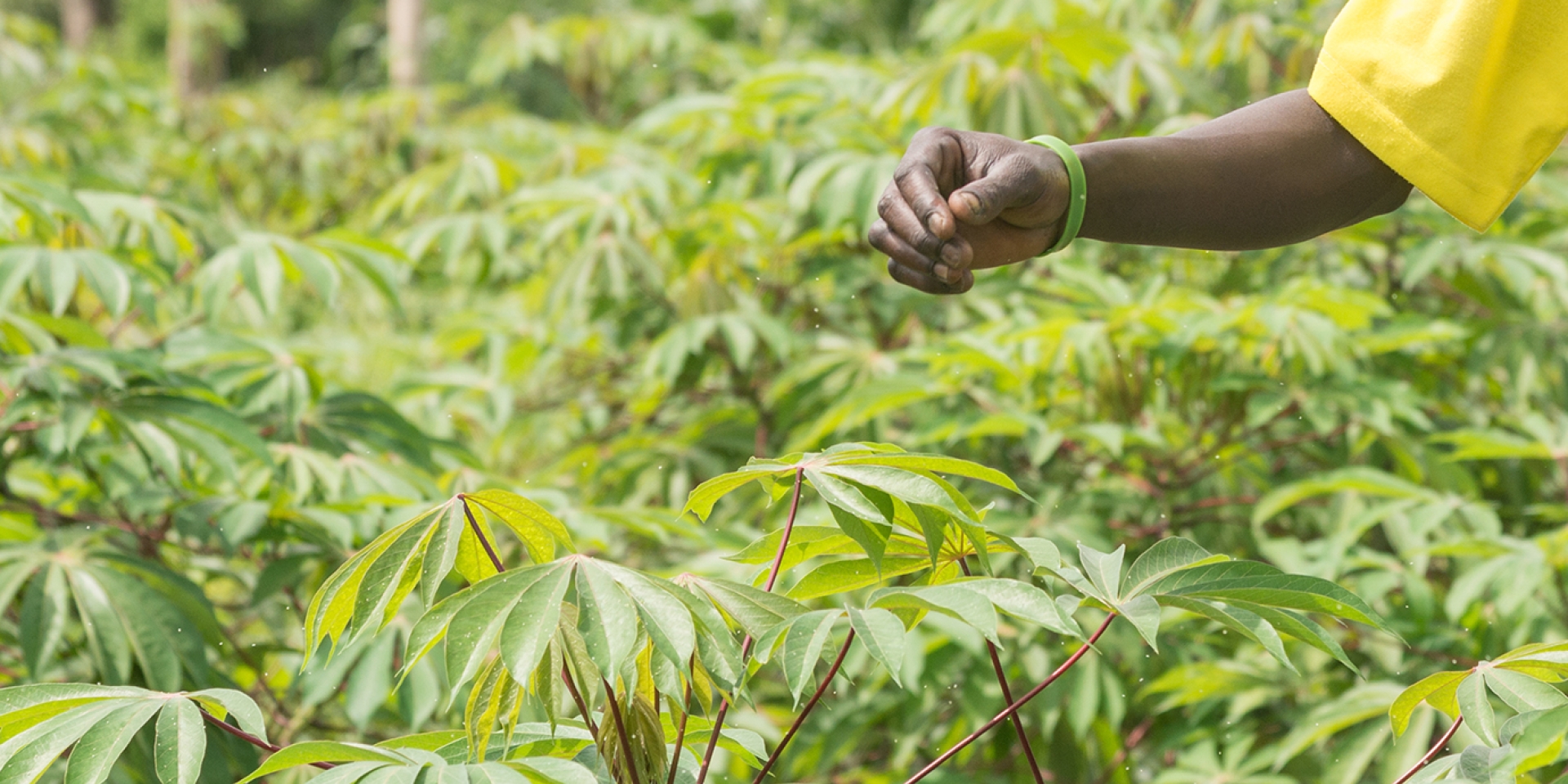
The project aims to improve the health and well-being of communities by enhancing livelihoods, challenging gender norms, and improving social services in Hamer, Benatsemay, and Adami Tulu Jidokombolcha, Ethiopia.
Directly involved are about 3,500 individuals (2,700 women and 800 men) organised in Self Help Groups, with a particular emphasis on including people with disabilities.Indirectly involved are about 79,000 people, including the broader community members who participate in community dialogues, receive information, education, and communication materials, and benefit from radio messages on healthcare, child rights, and nutrition.
The districts are confronted with significant health and livelihood challenges, including food insecurity, malnutrition, and disease outbreaks. Despite some improvements, Ethiopian households remain food insecure. Factors such as education, urbanisation, and agricultural practices help reduce food insecurity, while small land ownership and economic shocks worsen it. In the districts, particularly Hamer and Adami Tulu Jidokombolcha, malnutrition is a major issue, especially for pregnant and lactating women and children. Common health issues include maternal health problems, unsafe abortions, sexually transmitted diseases, and waterborne illnesses. Groups, including women, girls, the elderly, and people with disabilities, face aggravated challenges due to inequitable food distribution and poor healthcare access. These factors are exacerbating malnutrition and disease transmission across the districts.
Our primary focus is to empower women and girls and improve the social and cultural norms for proactive participation of women in social, economic and political issues that affect their life. We aim to bring gender equality changes at individual, family, community and institutions level for gender equitable transformation.